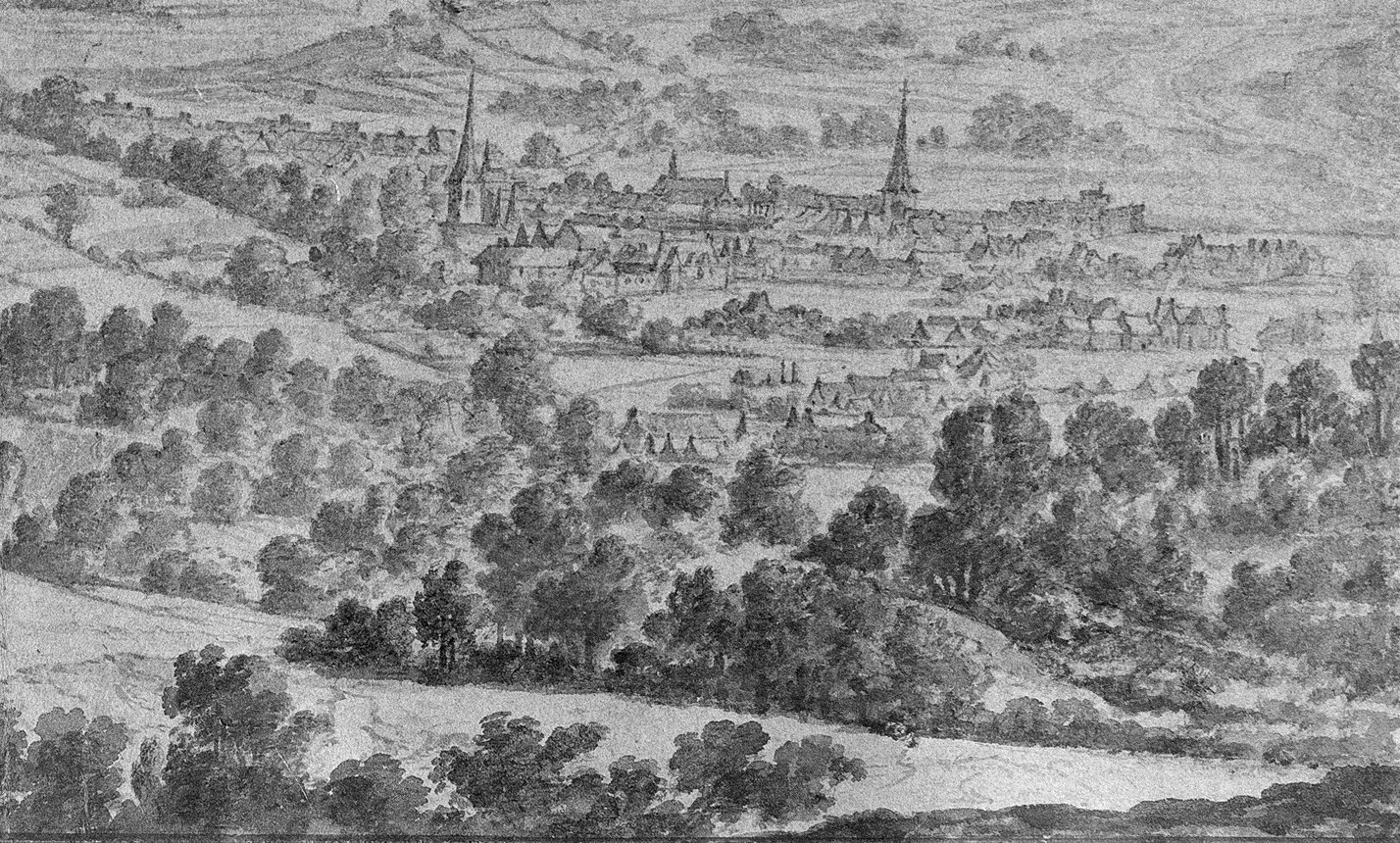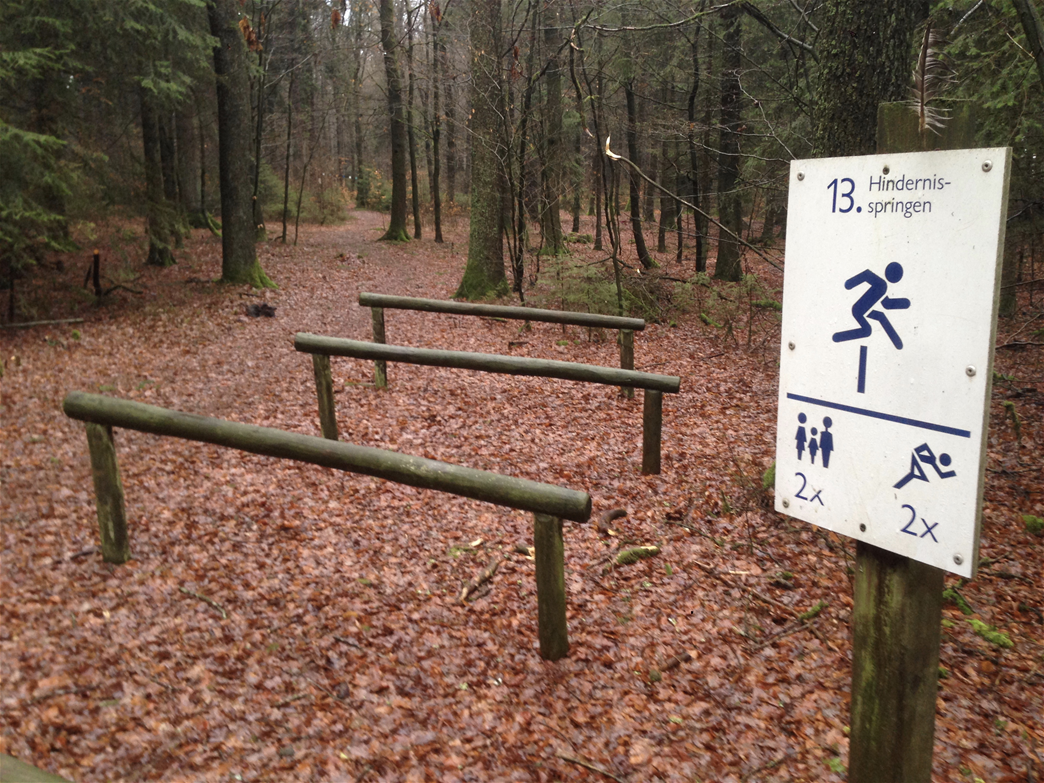Saturday as a free day is a more recent achievement. It was only introduced in the late 1950s. In 1960, 90 per cent of Belgian workers had a Saturday off. Working hours had also been reduced considerably, creating a demand for new leisure activities.
In East Belgium in the 1960s, department stores such as Nopri, Grand Bazar and Delhaize did not just offer a sufficient range of food. Consumption patterns were also in flux. Sugar, cream and butter were bought more frequently because they were more affordable as people’s purchasing power was rapidly on the rise.
Too little exercise, the stress of everyday life in the office and a rich diet characterised by the economic miracle led to new types of disease. This, together with new, expensive medical equipment in hospitals, caused health care costs to soar. The general cost of living doubled between 1960 and 1972.
The solution to the new diseases was found in the Latin phrase: ‘A healthy mind in a healthy body’ (mens sana in corpore sano). Exercise was supposed to reduce stress; endurance was supposed to promote health; free time was supposed to be spent in a meaningful way, and the population was encouraged to get into shape. It was not for without reason the first hiking clubs were founded in the Belgian Eifel: the Eifeler Wanderverein Büllingen (1973) or the Elsenborner Wanderverein (1973).
The towns and villages of Büllingen (1976), Sankt Vith (1982), Bütgenbach (1983) and Born (1989), the surrounding villages of Eupen (1974), Kronenburg and Vielsalm (1975), Raeren, Ovifat and Thirimont (all 1980) and Kelmis (1984) all created their own fitness trails. They all picked up on an idea that was on everyone’s lips in the 1970s: every citizen was supposed to get into shape through comparatively easy training routes in the forest, along which was a set of exercises. The initiators of these fitness trails were usually tourist associations, municipalities, the Junior Chamber, or insurance companies.
The German Olympic Sports Confederation developed the mascot ‘Trimmy’ and the fitness trail (German: Trimm-dich-Pfad) campaign. They promoted popular sport with the slogan ‘Trimm dich durch Sport’ (Get fit through sport), including on German television, which most television viewers in East Belgium preferred.
Interestingly, the first fitness trails in Belgium (also in eastern Belgium) were officially called Vita-Parcours, as they were sponsored by the Swiss insurance company Vita. In common usage, however, the term ‘Trimm-dich-Pfad’ (fitness trail), which had spilled over from Germany into East Belgium, became established.
Vitus Sproten

